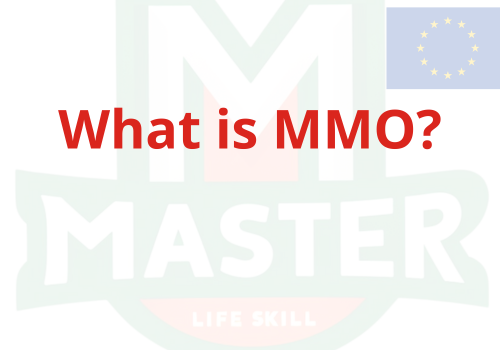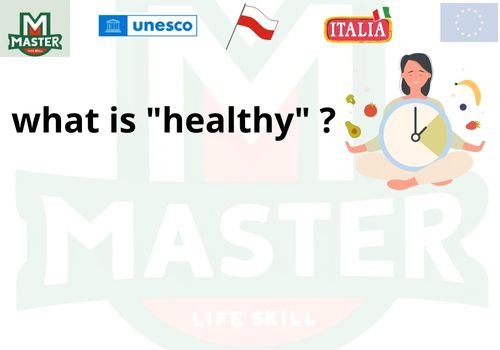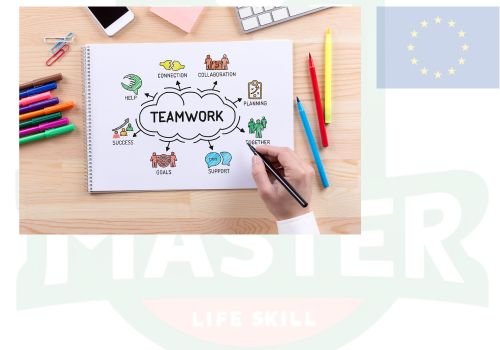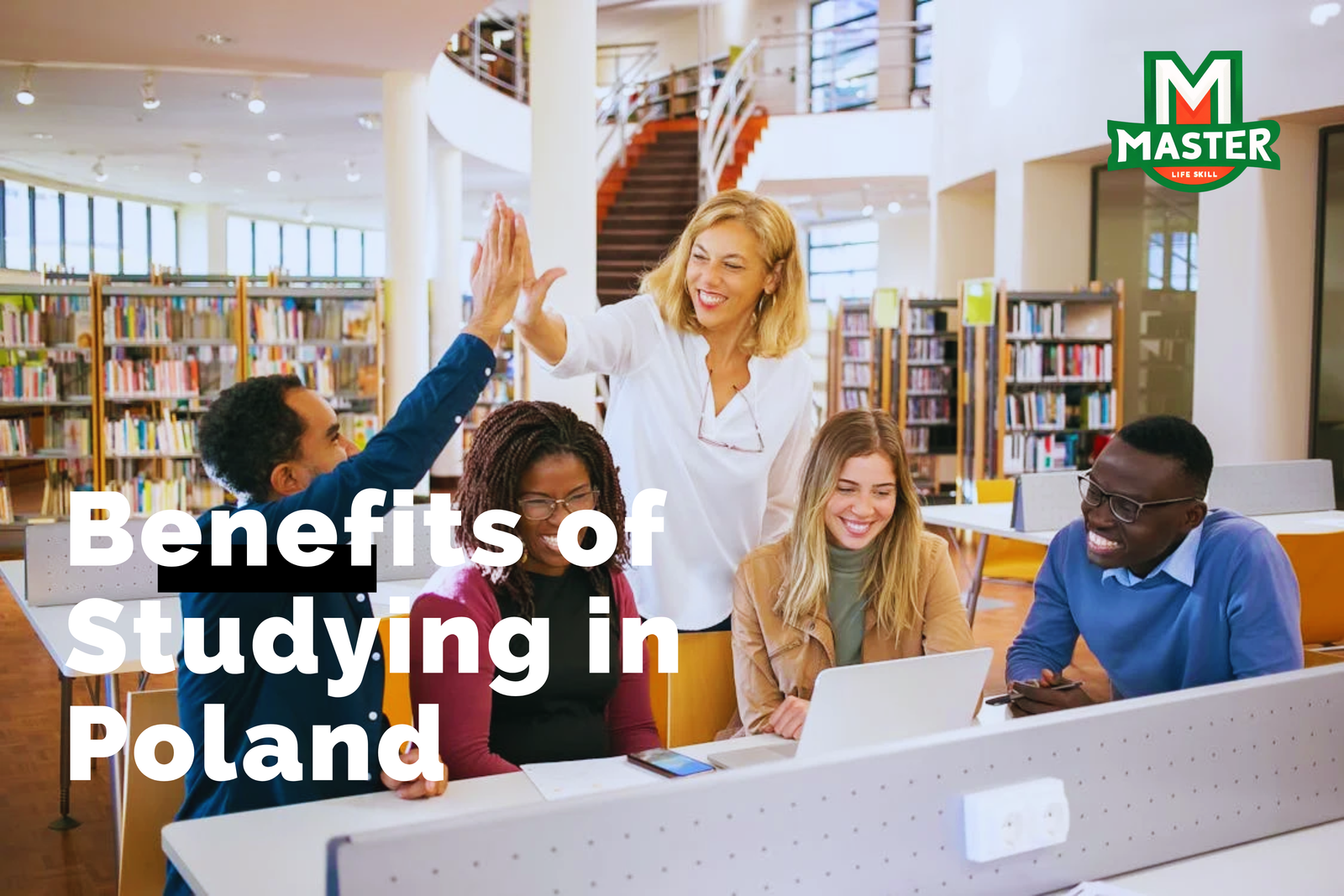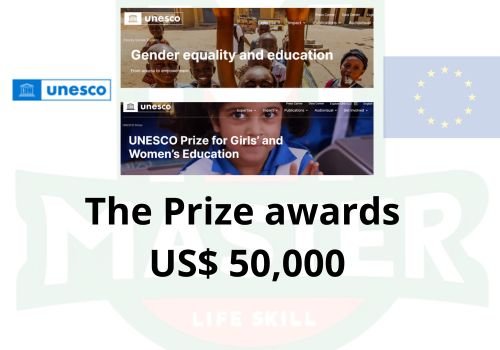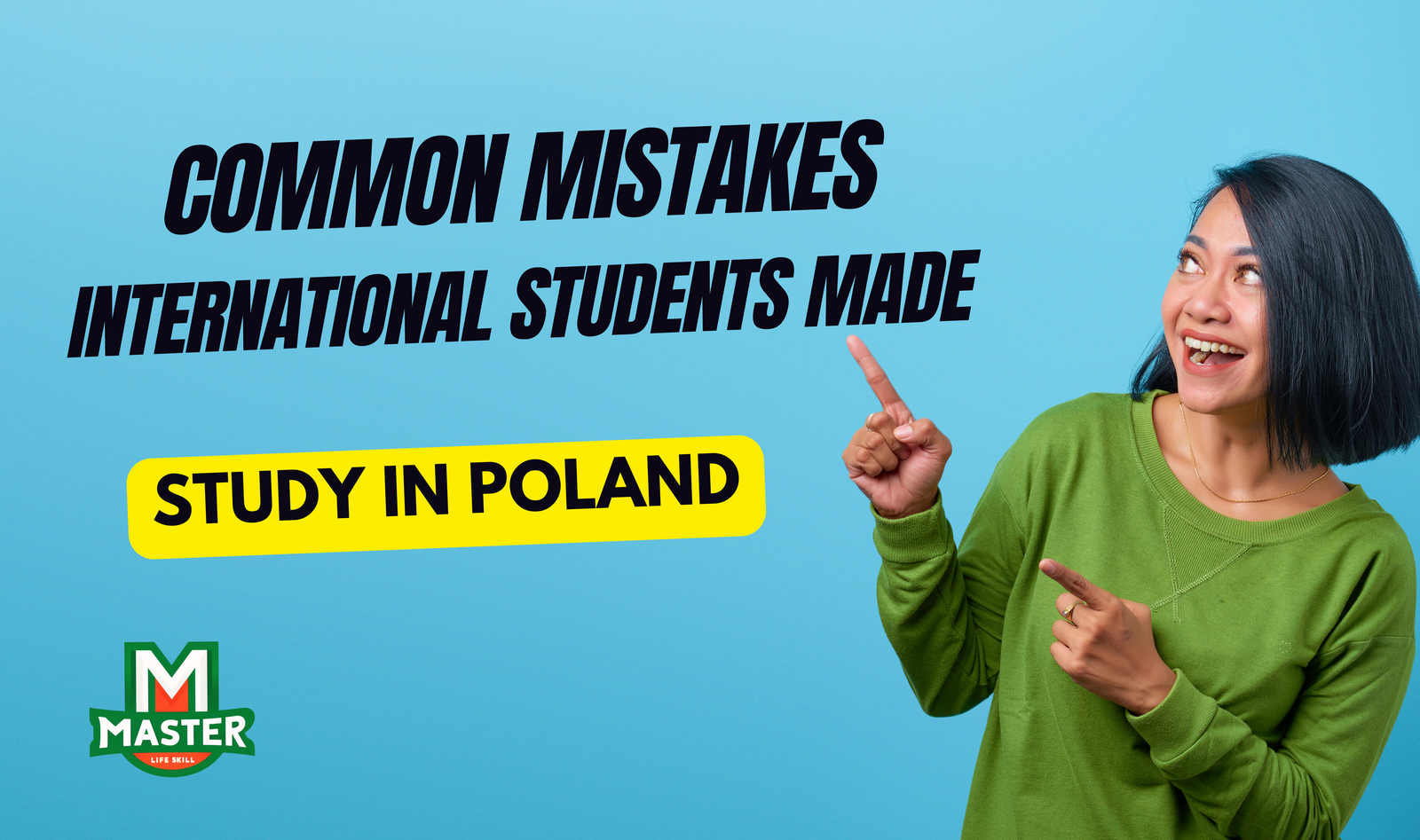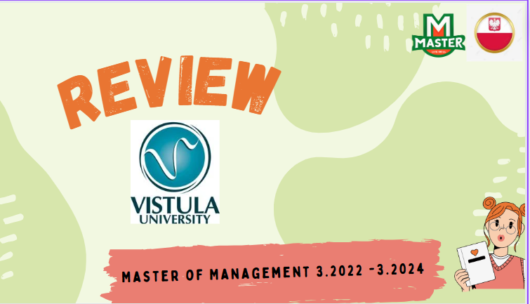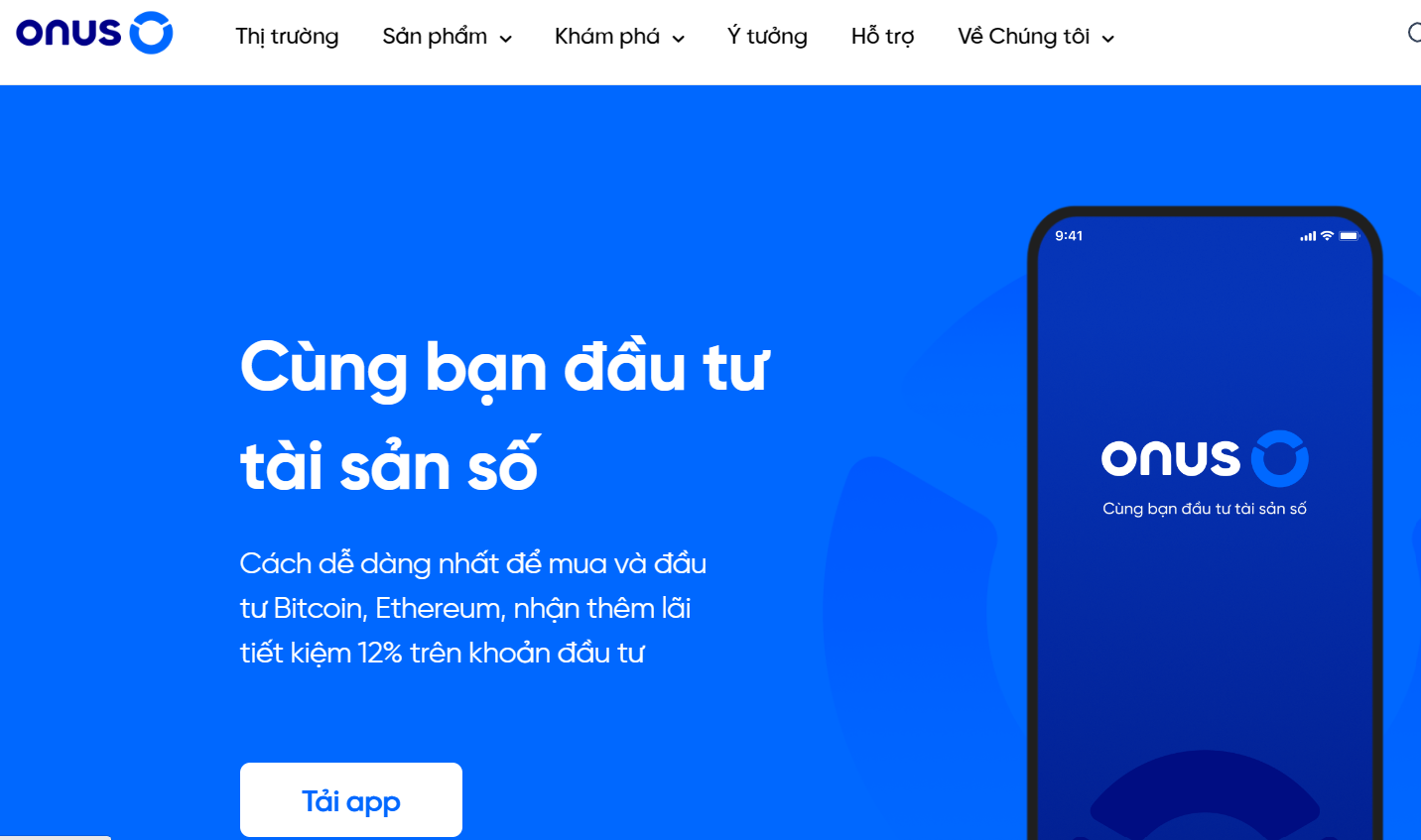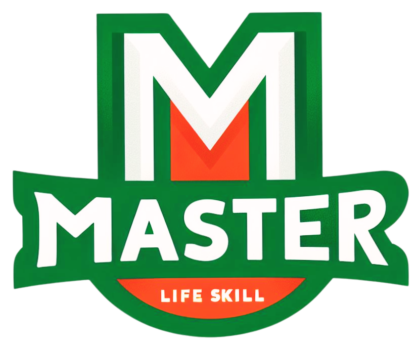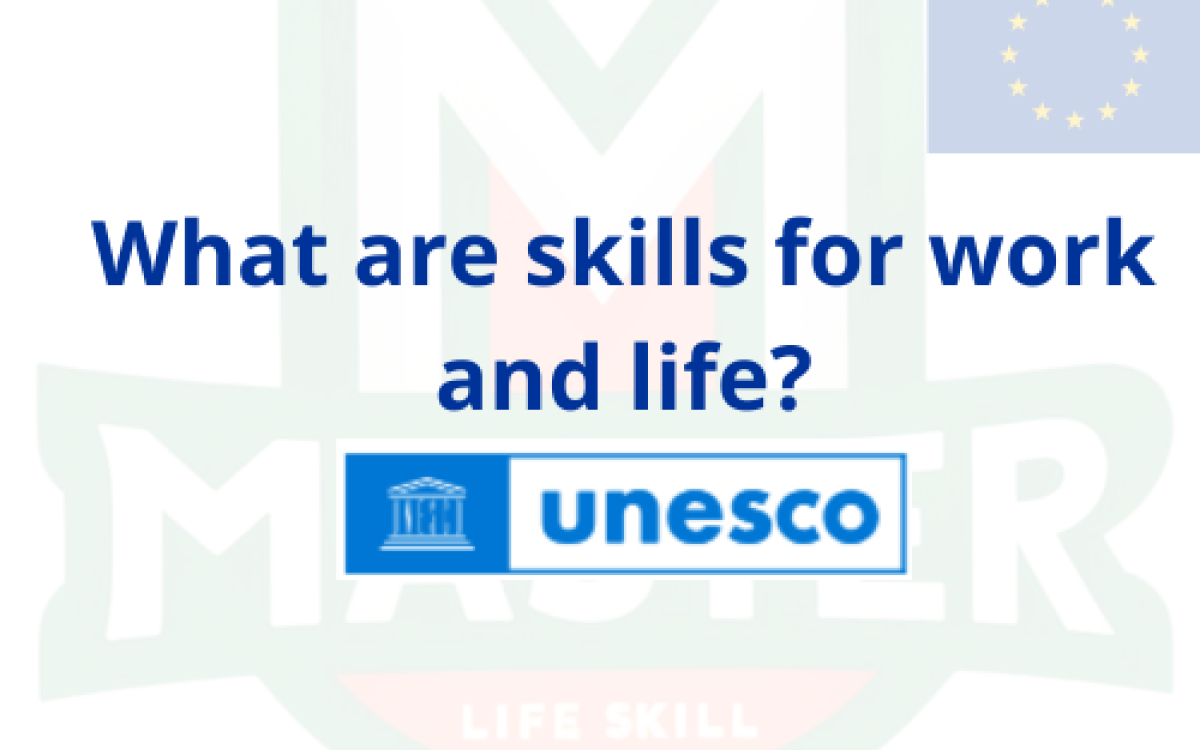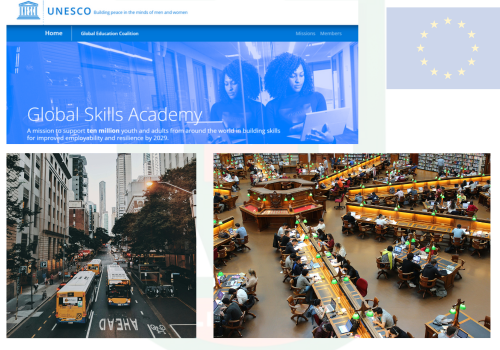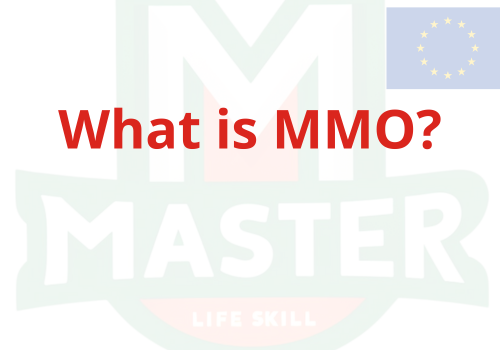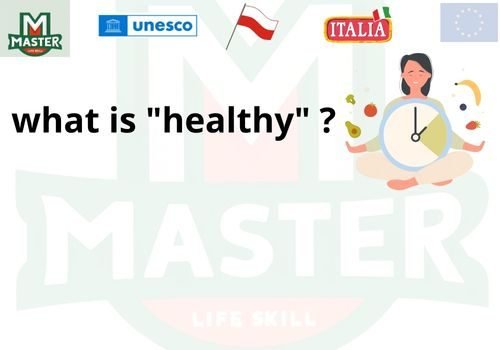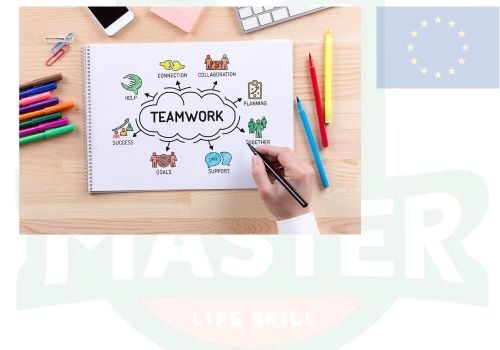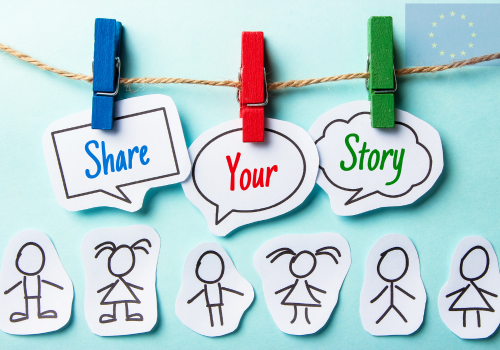In today’s rapidly evolving world, everyone need to improve the skills for work and life, the ability to adapt and thrive in both professional and personal spheres has never been more critical. UNESCO’s comprehensive guide on “Skills for Work and Life” highlights the essential competencies required to navigate the complexities of modern society and the ever-changing labor market. This guide not only underscores the importance of these skills but also outlines UNESCO’s commitment to making quality education and lifelong learning accessible to all.
Contents
- 1 The Essence of Skills for Work and Life
- 2 Unlocking Access to Quality Education and Lifelong Learning with Unesco's guideline
- 3 UNESCO for Cultivating Adaptability in a Transformative World
- 4 Navigating the Digital Age: Literacy and Technological Competence
- 5 Fostering Global Citizenship and Intercultural Competence
- 6 Conclusion: Empowering Individuals for a Sustainable Future
The Essence of Skills for Work and Life
At the heart of UNESCO’s mission is the recognition that skills for work and life extend beyond the confines of traditional education. These skills encompass a broad spectrum of practical abilities, knowledge, attitudes, and understandings that empower individuals to lead healthy and fulfilling lives. In response to the rapid technological advancements and shifts in workplace dynamics, UNESCO is dedicated to ensuring that technical and vocational education and training (TVET) evolves to equip learners with relevant and future-ready skills.
Unlocking Access to Quality Education and Lifelong Learning with Unesco's guideline
UNESCO champions the cause of affordable and quality TVET for everyone, regardless of background or circumstances. The organization’s vision extends beyond economic productivity, emphasizing the role of education in fostering lifelong learning, personal growth, and societal well-being. By advocating for inclusive and equitable education, UNESCO aims to dismantle gender disparities and create equal opportunities for vulnerable populations.
UNESCO for Cultivating Adaptability in a Transformative World
In an era characterized by rapid change, the ability to adapt is paramount. UNESCO emphasizes the development of adaptability skills, enabling individuals to navigate uncertainties, embrace new technologies, and respond proactively to labor market transformations. Cultivating these skills is essential for resilience and success in dynamic societies
Navigating the Digital Age: Literacy and Technological Competence
Digital literacy and technological competence are cornerstones of modern skill sets. Recognizing the pivotal role of digital technologies, UNESCO advocates for comprehensive education that prepares individuals to utilize digital tools effectively, engage with online platforms responsibly, and critically assess information. These competencies are crucial for active participation in the digital society and success in the digital economy
Fostering Global Citizenship and Intercultural Competence
As globalization brings us closer, understanding and appreciating cultural diversity becomes imperative. UNESCO places a strong emphasis on developing global citizenship and intercultural competence, skills vital for promoting peace, tolerance, and mutual understanding. Through fostering global citizenship, UNESCO seeks to contribute to the creation of inclusive, harmonious societies
Conclusion: Empowering Individuals for a Sustainable Future
UNESCO’s guide on “Skills for Work and Life” presents a visionary framework for equipping individuals with the skills necessary to thrive in both their professional and personal lives. By focusing on these key competencies, UNESCO aims to empower individuals to navigate societal changes, contribute to sustainable development, and build inclusive, resilient communities. As we look to the future, embracing these skills will be paramount in shaping a world where everyone has the opportunity to succeed and lead fulfilling lives.
